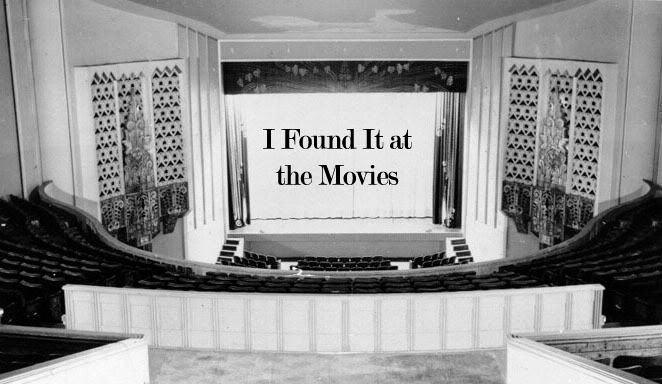(from February 2005.)
The Academy Awards are little more than a Hollywood circle jerk, hypocritically patting itself on the back for awarding “challenging and provocative” works that don’t involve guns and tits. If Finding Neverland, The Aviator and Ray represent the best Hollywood had to offer in 2004, then perhaps mainstream culture will forever be bankrupt. To counter the offensive, I offer up my choices for certain categories whose nominees I think come nowhere close to representing 2004’s cinematic achievement.
BEST PICTURE:> I Heart Huckabees
Huckabees tied with Eternal Sunshine of the Spotless Mind, Before Sunset and Napoleon Dynamite for my favorite films of 2004, and I cite it here over the others because it received the least exposure. David O. Russell’s best film is an anarchic mess of ideas, fitting of Henry Fool’s “pornographic magazine of purely comic book proportions.” Russell uses the screwball style to explore the frailty of the human psyche when it attempts to understand the meaning of life. This could devolve into grad school pretension, but instead the film’s manic frenzy echoes the Daoist principle that Albert (Jason Schwartzman) and Tommy (Mark Wahlberg) reach at the film’s conclusion: all matter and energy are connected, but that connection comes from the base, the physical. Life and meaning exist, true to Zhuangzi, in the “piss and the shit.” But this resolution isn’t definite; like life, the film answers everything and nothing, for such a quest never ends. It’s just pretty funny along the way.
BEST ACTOR: Paul Giamatti, Sideways
Oh, Academy, you make it too easy. It makes absolutely no logical sense why Giamatti was snubbed for at least a nomination, while that air-headed pretty boy of a DiCaprio gets lauded. Giamatti’s portrayal of a narcissistic, alcoholic writer traveling through California wine is maddeningly poignant and ultimately heartbreaking. Giamatti is an actor that can turn potentially schlock dialogue (the “Pinot is Like Me” speech) into something deep and moving. He has one of the most expressive faces in American cinema, where an eyebrow or a smirk can reveal mountains of hidden emotional damage. In his eyes one sees a man stuck in adolescent limbo for decades, and his realization that his time is running out. It is a devastating performance, and one that would seem most obvious for Oscar; I guess I’m wrong.
BEST SUPPORTING ACTOR: TIE: David Carradine, Kill Bill: Volume 2 Mark Wahlberg, I Heart Huckabees
These performances are victims of studio indifference; Quentin Tarantino’s third unquestioned masterpiece had the unfortunate business of being released much too early–Academy voters have Alzheimer’s disease–and Huckabees was distributed by the same studio that put all of its muscle behind Sideways. As a result, the year’s two most soulful performances were left to drift at sea without a captain. Carradine’s aged assassin made a human from a monster, and Wahlberg’s fireman became the anguished cry of the disenfranchised looking for inner peace. Whereas Carradine was all tired fatalism, Wahlberg was manic aggression. Both spoke volumes, and both moved mountains.
BEST FOREIGN FILM: Goodbye, Dragon Inn
Gone are the days when Fellini and Bergman dominated this category; lately, the Best Foreign Film Oscar is just as middling as the rest of the awards. True to form, Tsai Ming-Liang’s starkly poetic Goodbye, Dragon Inn failed to achieve a nomination. The film consists of less than a handful of camera movements, and only about a half-dozen lines of diegetic dialogue. It is a haunting and hilarious look at the experience of movie-going, and the tenuous bonds of human connection in contemporary urban life. I did not see as pure an expression of cinematic poetry in 2004 as I did in this film.
Readers may cheer in agreement or bellow in incredulity at these alternative nominees, but they will not be caught in a mire of middlebrow indifference. Such a passionate spirit the Academy cannot embrace; because of all its power, that is the Oscars’ great tragedy.
Subscribe to:
Post Comments (Atom)


No comments:
Post a Comment